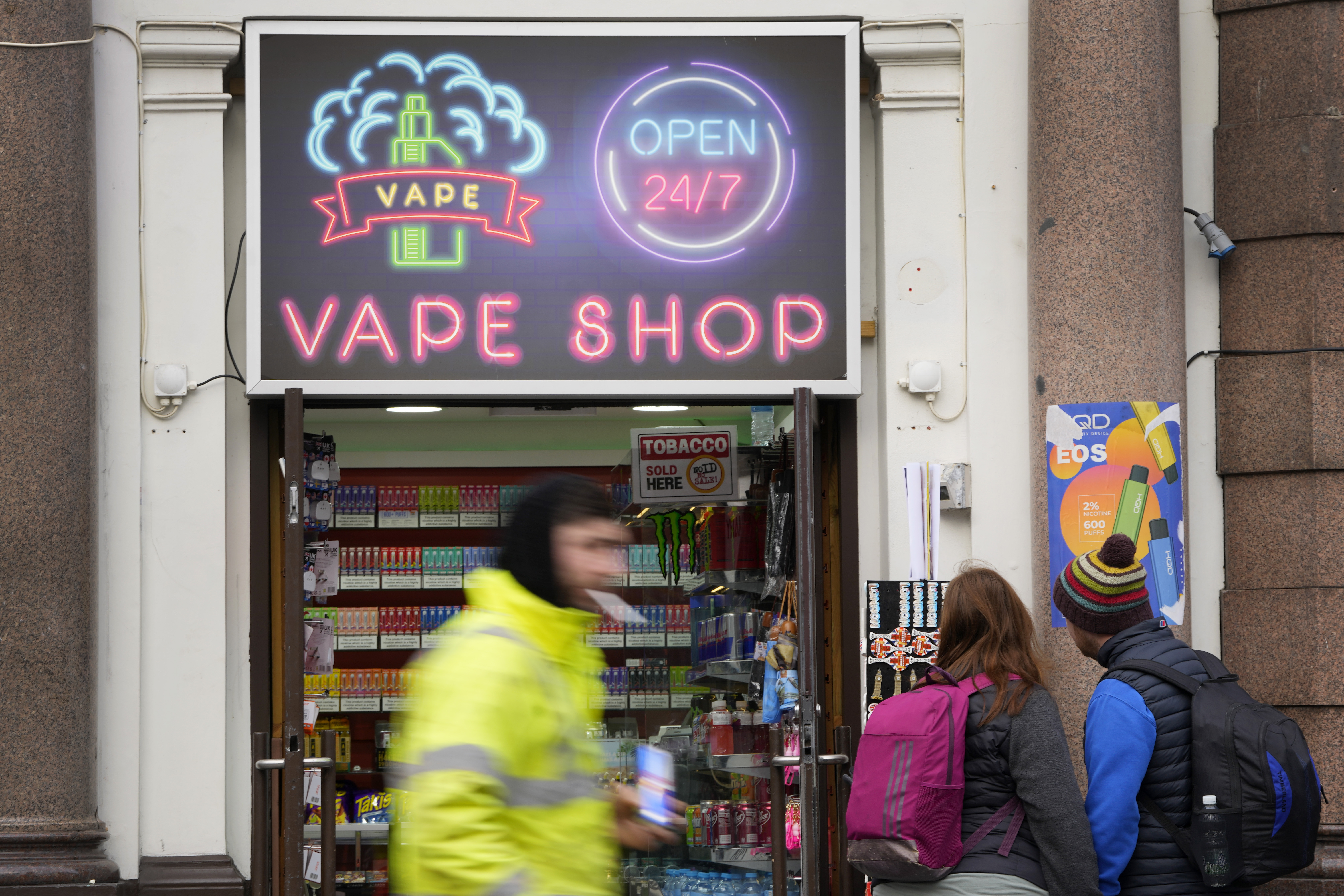
LONDON - Creating and sharing sexually explicit "deepfakes" will become a criminal offence in Britain, the government said on Tuesday, in a bid to tackle a surge in the proliferation of such images, mainly targeting women and girls.
Deepfakes are videos, pictures or audio clips made with artificial intelligence to look real, and such technology can be used to digitally alter pornographic images into the likeness of someone else.
Publishing intimate photos or videos without consent and with the intent to cause distress - so-called revenge porn - was criminalized in Britain in 2015, but that legislation does not cover the use of fake images.
Data from UK-based Revenge Porn Helpline showed image-based abuse using deepfakes has increased more than 400 percent since 2017.
ALSO READ: S. Korea to criminalize watching or possessing sexually explicit deepfakes
Under the new offence to be introduced by the government, perpetrators could be charged and face prosecution for both creating and sharing these images.
"There is no excuse for creating a sexually explicit deepfake of someone without their consent," the justice ministry said in a statement.
The previous Conservative government, which lost power to the Labour Party in July, announced similar plans to make sexually explicit deepfakes a criminal offence. Under its proposal, offenders would face fines and even jail time.
The justice ministry said further details of the new offence would be set out in due course.
The government said it would also create new offences for the taking of intimate images without consent and the installation of equipment with intent to commit these offences. Those found guilty could face up to two years behind bars.
ALSO READ: Deepfakes of Bollywood stars spark worries of AI meddling in India election
"This demeaning and disgusting form of chauvinism must not become normalised," said Victims Minister Alex Davies-Jones.
Technology minister Margaret Jones said tech platforms hosting abusive images would face tougher scrutiny and significant penalties.
"Intimate-image abuse is a national emergency that is causing significant, long-lasting harm to women and girls who face a total loss of control over their digital footprint, at the hands of online misogyny," said campaigner Jess Davies.
The new offences will be included in the government's Crime and Policing Bill, which will be introduced to parliament. A date is yet to be set.


